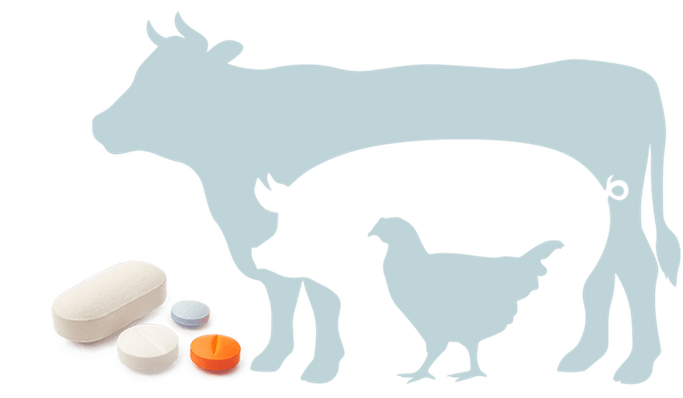What is the meaning of Veterinary Antiparasitics?
Antiparasitics are drugs used to prevent, control, and treat parasitic infections in animals. In Veterinary medicine, antiparasitic drugs are used to eliminate or reduce the population of parasites, including external parasites like fleas, ticks, and mites, and internal parasites like worms and protozoans.
The efficiency of anti parasite medications varies depending on the type of parasite and the specific medication. Some antiparasitics, like heartworm medicine for dogs, work by killing the parasite directly, while others, like dewormers for goats, act by preventing the parasite from reproducing or disrupting its life cycle.
Veterinary antiparasitics have a wide range of applications and are commonly used in both companion and livestock animals. These anti parasite medications are for both therapeutic and prophylactic purposes, to treat existing infections, or prevent new ones. Common indications for antiparasitic drugs include flea and tick control, heartworm prevention, and treatment of gastrointestinal helminths and ectoparasites like roundworms, hookworms, and tapeworms.


